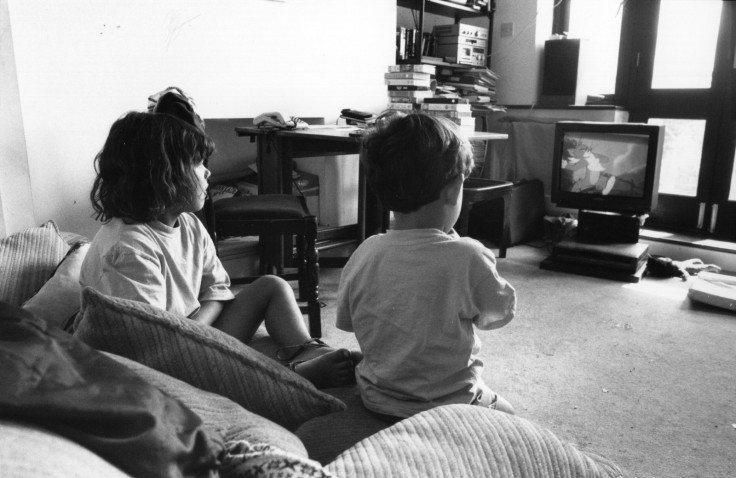Racism and 'dildos' before 9pm? No thanks, we're British
Ofcom reveals British public will tolerate discriminatory and strong language if it is broadcast in context after the 9pm watershed.

New research by media watchdog Ofcom has suggested that the British public are more tolerant of swearing on TV and radio if it is said in a context that reflects the 'real world'. However, racist and discriminatory language is seen as more offensive than ever.
The study looked at 144 words to gauge how offensive they were deemed to be. For the first time, six offensive gestures were assessed.
The report makes for colourful reading - words that are commonly thought of as particularly offensive were said to be 'strong language' and unacceptable to broadcast before the watershed (9pm).
Differing attitudes of different age groups were plain to see. With the word 'dildo', older participants saw it as a rude word, though the report notes that it was discomfort, rather than offence, associated with the word.
Sexual slurs and more graphic sexual references were considered generally unacceptable before the watershed but mostly acceptable after it.
The six offensive gestures were viewed as "broadly unacceptable before the watershed, but mostly acceptable after it. The 'blow job' gesture was the least acceptable because it was perceived as the most vulgar," Ofcom reported.
The context of words was seen as important, with people being more tolerant of swearing if they thought it better reflected the 'real world' situation. For example, the word 'b***h' was only considered "medium language" and "potentially unacceptable pre-watershed". However, it was reported that its impact is heightened when the word is used aggressively or with specific intent to hurt.
Racist and discriminatory language was considered concerning when used at any time unless justified in context, such as reflecting real life in a documentary, or to educate young people on an important topic. This also applied to discriminatory language directed at older people, people of particular religions, people with mental health or disability issues, and LGBT people.
Director of Content Standards Licensing and Enforcement at Ofcom, Tony Close said: "People draw the line at racist and discriminatory language – participants felt this was the most unacceptable of all. Most people see these words as derogatory and insulting.
"Many were concerned about them being used in programmes at any time, unless there's very clear justification for it in the programme and how it's presented to the audience.
"We set and enforce rules to protect viewers and listeners from potentially harmful and offensive content on TV and radio. To do this, it's essential that we keep up to date with what people find offensive, and what they expect of broadcasters.
"These findings will help us strike a balance between protecting audiences from unjustified offence, especially before the watershed, and allowing broadcasters to reflect the real world," said Close.
The results were compiled from an online survey of 127 people, focus groups and 72 interviews. Further focus groups and interviews were carried out with 53 people from minority groups.
© Copyright IBTimes 2024. All rights reserved.






